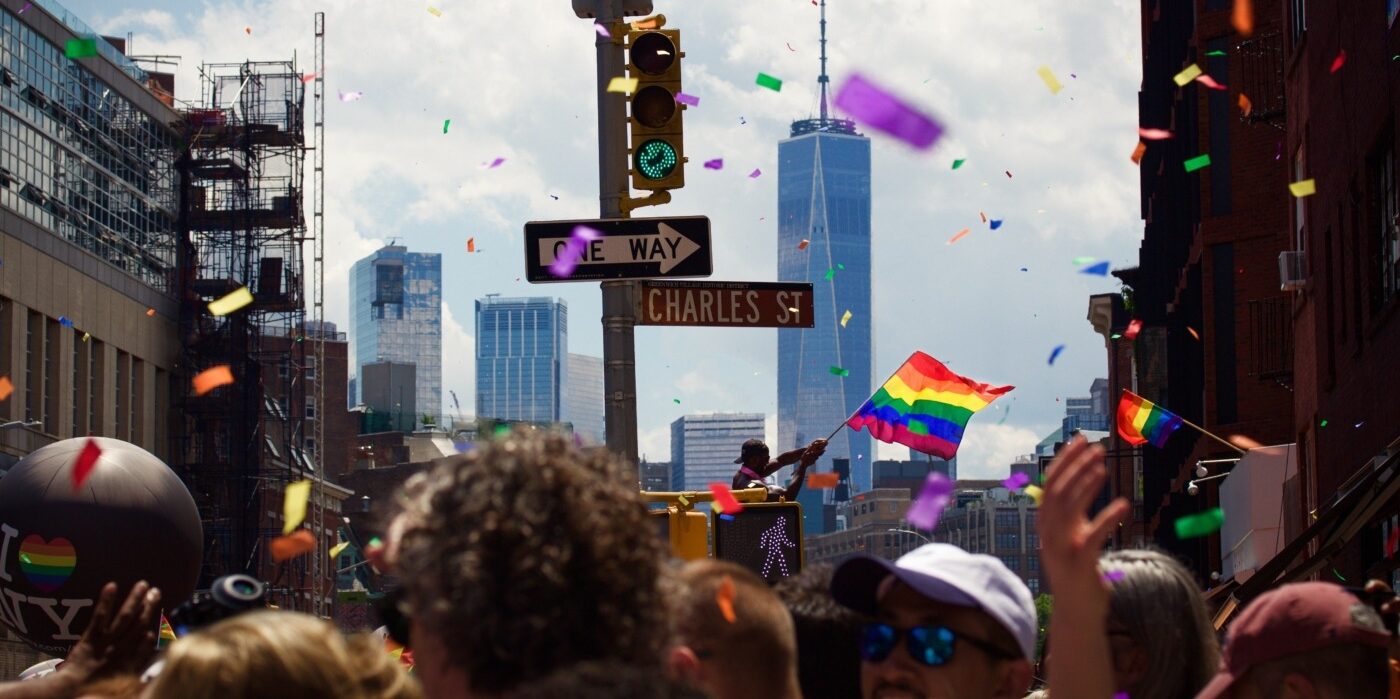Exploring Tradition: Pride around the world
Pride is an empowering occasion on every continent for those who identify as LGBT+, providing a worldwide stimulus for celebration and activism, all with the aim of highlighting that love is love, regardless of gender identity or sexual orientation.
June became the globally established month for pride celebrations as a result of the riot that occurred at the Stonewall Inn, in the Greenwich Village district of New York City in 1969. The Stonewall Inn was a gay bar, acting as a hub for the gays of NYC, including those that had been thrown onto the streets by their parents after coming out. As a result of its Mafia owners bribing police to let their bars remain independent of the law, the NYPD largely ignored the Stonewall Inn. This meant that laws such as the ‘gender-appropriate clothing statute’ were regularly broken there, meaning that people who the police believed to be men were wearing ‘female clothing’. When police raided the inn and assaulted its LGBT+ patrons, the queers of the 1960s decided that enough was enough. A riot broke out, sparking mass friction between police and patrons, with the Inn even being set alight in protest. One year after the raid and riot, on 28 June 1970, revolutionary queers marched from the Stonewall Inn to Central Park, almost 3 miles, in order to reverse US laws and the prejudice that gays faced. Pride as we know it was born.
São Paulo in Brazil holds the world’s most attended pride parade, with 3.5 million residents and visitors marching for LGBT+ equality every June
As members of the LGBT+ community living in the 21st century, we have abundant respect for the tenacity and bravery of 20th-century activists such as Marsha P. Johnson, Harvey Milk, Frieda Kahlo, Bayard Rustin, and countless more. Because of the wide discrepancies between LGBT+ rights and the rights of other citizens, Pride is a way to remind both our own countries and the big wide world that we’re queer, we’re here, and we deserve the same rights as white, cis-gendered heterosexuals.
São Paulo in Brazil holds the world’s most attended pride parade, with 3.5 million residents and visitors marching for LGBT+ equality every June. Heading slightly south, Argentina has hosted a popular pride protest ever since November 1992, where Argentinians march through the capital city, Buenos Aires. Argentina was the first Latin American country to recognise same-sex marriage, as well as passing a law allowing self-determination of gender identity. In spite of this, trans people are still subjected to rife discrimination, so it follows that Pride is very important here.
On the other side of the Pacific, Singapore holds its Pride, known as ‘Pink Dot’, which has existed since 2009 despite homosexuality being illegal (albeit this law is seldom enforced). The current Prime Minister’s gay nephew married his fiancé in May 2019, but had to do so out of the country. Clearly, 2009 was a popular year for founding Pride initiatives, as Shanghai also accelerated the fight for LGBT+ rights. Demonstrations are illegal in China, and the government’s watchful eye caused organisers to tone down celebrations in 2020, with more subtle bar and club events occurring instead of marching.
Marching in the ‘Equality Parade’ through Warsaw can jeopardise the careers of those participating – but many ignore this in the name of love
Poland is decades behind other European countries when it comes to attitudes towards the queer community, meaning that marching in the ‘Equality Parade’ through Warsaw can jeopardise the careers of those participating – but many ignore this in the name of love. Outdated laws are by no means ignored; just last year, the British, US and Canadian embassies in Russia flew the pride flag high, despite Russia having a very distinct law against “homosexual propaganda”. The US embassy had done the very same thing in 2020, in spite of President Donald Trump banning all US embassies from flying the pride flag.
Closer to home, Brighton is one of the most LGBT+ populous cities in the world, with 10% of over 16’s identifying as LGBT+. Brighton hosts a very extensive Pride in early August, historically featuring Kylie Minogue and Britney Spears, and this year, Paloma Faith and Christina Aguilera. Johannesburg holds the “Pride of Africa”, named as such due to this South African city holding one of the only pride celebrations on the whole continent. Non-white queers face even more discrimination than whites, including from some members within the LGBT+ community, making Johannesburg’s Pride all the more important. Many countries in the southern hemisphere, such as Australia and New Zealand, hold Pride in spring and summer as we do in the northern hemisphere, meaning that despite June being the most popular month for celebrating Pride, it really is a year-round celebration. Pride will always be a protest until equality prevails.

Comments